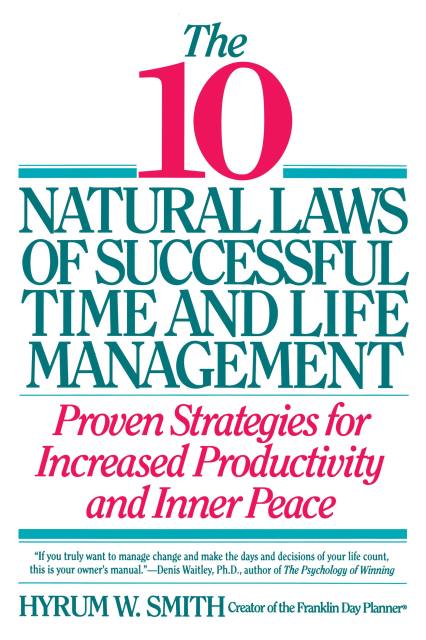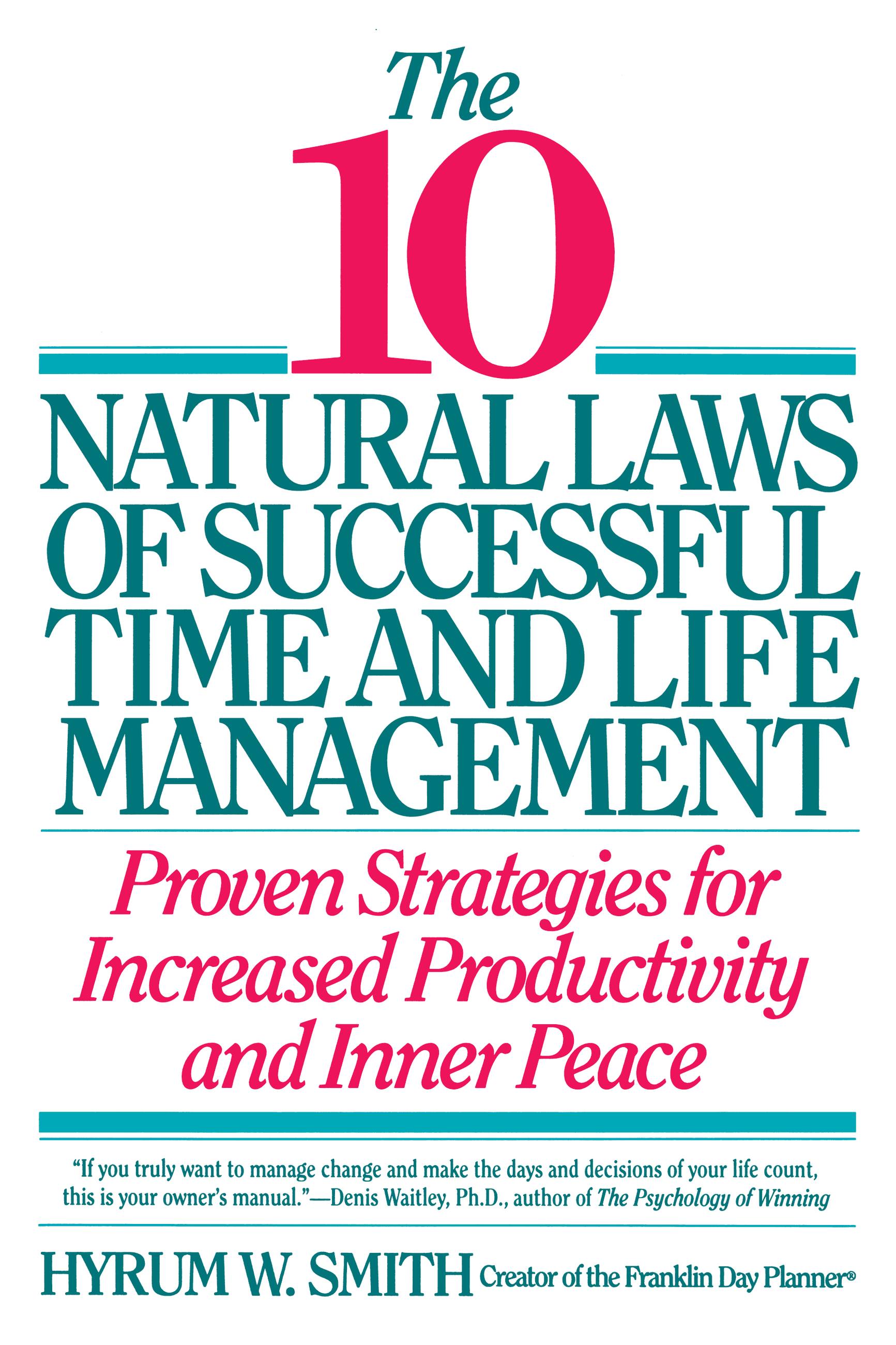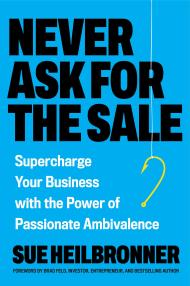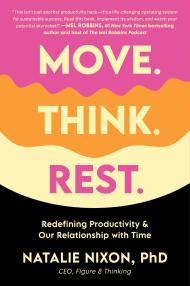By clicking “Accept,” you agree to the use of cookies and similar technologies on your device as set forth in our Cookie Policy and our Privacy Policy. Please note that certain cookies are essential for this website to function properly and do not require user consent to be deployed.
10 Natural Laws of Successful Time and Life Management
Contributors
By Hyrum W. Smith
Formats and Prices
- On Sale
- Jan 1, 1995
- Page Count
- 240 pages
- Publisher
- Balance
- ISBN-13
- 9780446670647
Price
$18.99Price
$24.99 CADFormat
Format:
- Trade Paperback $18.99 $24.99 CAD
- Audiobook Download (Abridged) $12.99 CAD
This item is a preorder. Your payment method will be charged immediately, and the product is expected to ship on or around January 1, 1995. This date is subject to change due to shipping delays beyond our control.
Buy from Other Retailers:
Written for anyone who suffers from “time famine”, this essential handbook provides simple, effective methods for successfully taking control of one’s hours–and one’s life. Smith shows how, by managing time better, anyone can lead a happier, more confident and fulfilled life.
Newsletter Signup
By clicking ‘Sign Up,’ I acknowledge that I have read and agree to Hachette Book Group’s Privacy Policy and Terms of Use






